- First, conduct an abbreviated development audit and assessment. Many have never had an operational fundraising program, so a full-scale development audit would not be particularly beneficial. However, a scaled-back effort will identify key leverage areas and focal areas for immediate improvements.
- I then work with the organization to define a simple Case for Support abstract. This process and the resulting abstract helps organizations clearly articulate, often for the first time, an emotional, clear, and compelling need for contributed income. This need will inevitably be used to call a donor to act.
- Since I have always conducted some form of external review consisting of perceptual questions and analysis, I have now found it useful to expand on these interviews. I ask the organization to put together a comprehensive list of both current donors and future prospective donors and then rate and rank them based on capacity, interest, and affinity. This rating and ranking provide a focused list from which to begin the Feasibility Study process.
- Rather than include my generic questionnaire, I have created a hybrid series of questions based on past capital campaign studies. These questions help to determine the extent that a donor would invest in an annual campaign, test the strength of the organization’s defined Case for Support in the above prepared abstract, and determine to what degree the donor will invest their resources in supporting the organization. Additionally, feasibility study questions would also determine what forms of leadership may exist to assist the organization in mounting an enhanced annual fund effort.
- Once the assessment review is complete, the Case for Support abstract developed, and the feasibility study completed, then and only then will an organization have a good sense of whether or not to invest in a development effort and to what degree.
While Feasibility Studies were once for Capital Campaigns, I am now incorporating them into my organizational development audit assessments as part of a holistic process. These studies can determine the anticipated “Return on Investment” (ROI) for an organization to use to decide at what level, if at all, it should invest resources beginning a development program. Often, such a comprehensive review will allow the organization to evaluate its implementation strategy, such as to keep things status quo, divest itself of its current fundraising efforts, to “Ramp Up Under the Radar,” or to move “Full Speed Ahead!”
For a sample, Cost of Excellence Case for Support marketing brief, please email me directly here.
For a free, 30-minute consultation, or to learn more about our “Survive and Thrive” professional coaching services, visit us here at www.hireacfre.com or book your fundraising coaching session at http://calendly.com/developmentconsultingsolutions/30min.
Join my new nonprofit “tribe” who are surviving and thriving! Click HERE to join my private Facebook group: Nonprofit Survive and Thrive Mastermind and receive support and inspiration to drive your results
Photo by JESHOOTS.COM on Unsplash



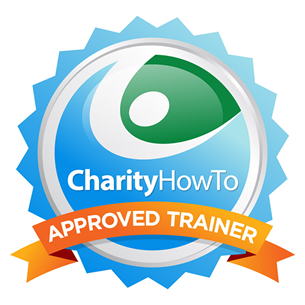
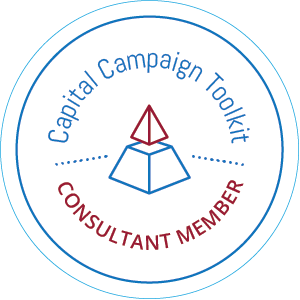
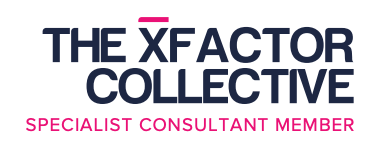
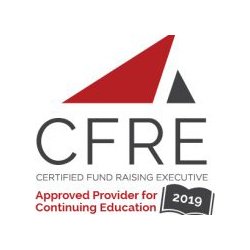
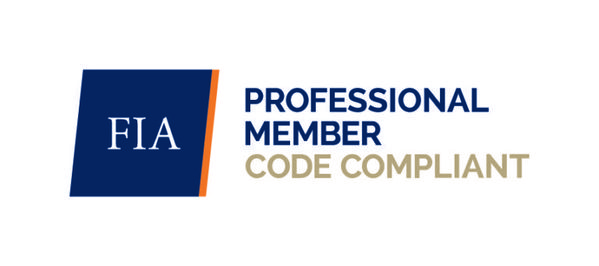


Leave a Reply
Want to join the discussion?Feel free to contribute!